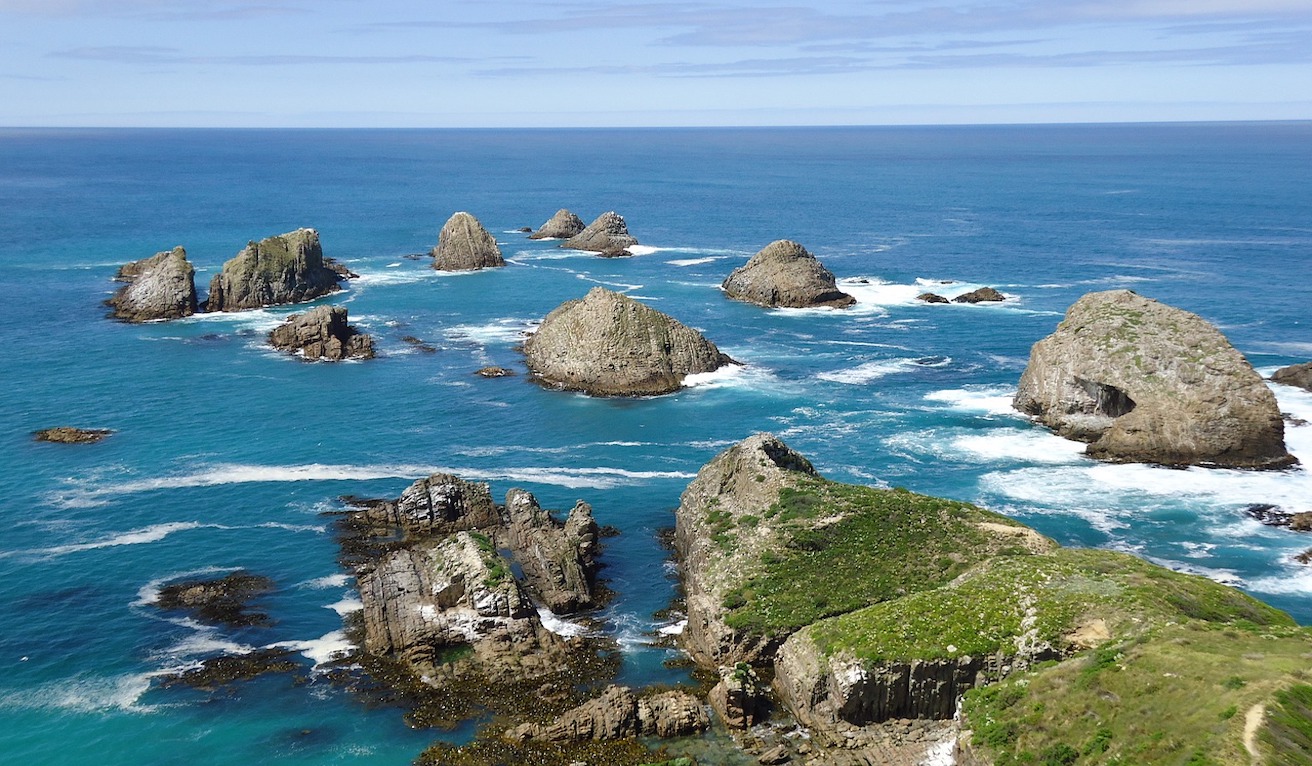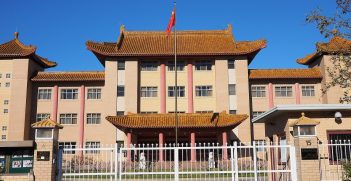Climate Change, the Pacific Islands Forum and Australia’s Inaction

The Pacific Islands Forum clearly displayed Australia’s adamant position on not comprising its current coal-intensive interests. However, the focus should not just be centred on Australia’s use of coal but rather the issue of China’s pollution and how that could plague the Pacific Islands in the near future.
The recent Pacific Islands Forum (PIF) meeting was far more complicated for Australia than the media portrayed it to be. Earlier this week, Prime Minister Scott Morrison met with the leaders of Micronesia, Fiji, Kiribati, Marshall Islands, Nauru, New Caledonia, New Zealand, Papua New Guinea, Samoa, Solomon Islands, Tonga, Tuvalu and Vanuatu, as well as ministers from Niue, Palau and French Polynesia. Indeed, uniting all PIF members this year was climate change crisis. For islands such as Vanuatu and Tuvalu, climate change is not simply a political problem, but an existential threat.
Reports of Australia’s poor performance on the climate change issue at the forum have since emerged. The 2019 PIF illustrates just how complex the challenge of dealing with climate change is for governments throughout our region, particularly when middle powers like Australia serve to stall action.
The Pacific Islands leaders came to the forum seeking a commitment at odds with Canberra’s position. Pacific Islanders are calling for a ban on new coal-fired power stations and coal mines. Australia’s stance on the climate change issue was clear — it was not going to compromise its current coal-intensive interests.
Ultimately, Australia’s position meant the forum resulted with a watered-down final communique, much to the Pacific Islanders disappointment. Prime Minister of Fiji Frank Bainimarama voiced these sentiments, by noting, “we should not accept anything less than concrete commitments to curb greenhouse gas emissions in line with the most ambitious aspirations of the Paris agreement.”
Dealing with climate change is more complex than pitting Australia against its Pacific Island neighbours. It involves dealing with many related geo-strategic issues in the Pacific. The climate change challenge needs to be framed in context of China’s growing presence in the region. Increasingly, China is willing to offer Pacific Islanders millions of dollars to help counter the impact of climate change through what Beijing terms “sustainable and green development.”
We know China is the world’s largest polluter, thus hastening the plight of the Pacific Island’s future. Beijing’s idea of sustainable development for the region will likely lay foundations for Chinese control over the islands — as we have seen throughout the world through China’s “debt for asset” loan arrangements in which Chinese finance is accepted in return for the client nations critical infrastructure. Tellingly, China pitched the offer following the PIF when it saw an opportunity to divide PIF members over tensions between Australia and Pacific leaders.
Ambassador Wang Xuefeng, China’s envoy in the Pacific, highlighted China’s understanding of the legitimate demands and concerns of the Pacific Islands. Though this pleased Pacific Island leaders, we should be wary of the region falling prey to this ‘“chequebook” diplomacy. Here Australia has a crucial role.
At its heart, Australia’s Pacific “step up” aims at limiting Chinese power in the region. This is a smart strategy but requires more thought around replacing Beijing’s finance in Pacific Island development. Australian coal is not the answer to Chinese coal-fired power plants in the region, Australia’s technological expertise and finance to support renewables and green development in the Pacific is.
To blame Australia for the “failure” of the 2019 PIF distracts us from China’s long-term strategy in the region. At the end of the day, the security threat of climate change in the Pacific is not a simple challenge, everyone has a responsibility to act, and no one has clean hands. What matters now is that Canberra starts seriously long-term planning how we move our economy towards renewables and “step up” in the region to assist our neighbours to do the same – without Chinese characteristics.
Cecilia Millar-Rakisits is a studying security studies at the Strategic and Defence Studies Centre at the ANU. Her research interests include Pacific geopolitics and climate security. Follow Cecilia on Twitter @CMillarRakisits.
This article is published under a Creative Commons Licence and may be republished with attribution.





